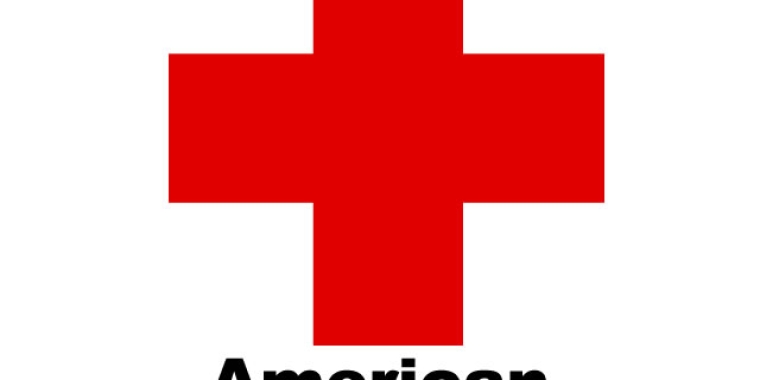
American Red Cross Winter Storm Tips & Checklists
Andrea Stewart-Cousins
January 27, 2014

With another large winter storm approaching our area, the American Red Cross is prepared to respond, as needed, to storm-related emergencies.
As with any disaster, preparation can be the difference between life and death. The Red Cross is urging residents to be prepared—not only for the snow, but for extreme cold and possible power outages. Additionally, extreme weather increases the risk of home fires. Below are some tips to help residents stay safe, as well as checklists on winter storm safety and power outage safety.
COLD WEATHER/WINTER STORM: Temperatures are expected to drop as conditions deteriorate throughout our region. People should take the following steps:
- Listen to a NOAA Weather Radio or other local news channels for critical information on snow storms and blizzards from the National Weather Service (NWS).
- Avoid driving when conditions include sleet, freezing rain, snow or dense fog. If travel is necessary, make sure you have a disaster supplies kit in your vehicle which includes: shovel, blanket, flashlight, water, snacks, first aid kit, extra batteries, sack of sand or cat litter.
- Keep the gas tank full. A full tank will keep the fuel line from freezing.
- Before tackling strenuous tasks in cold temperatures, consider your physical condition, the weather factors and the nature of the task.
- When shoveling snow, take frequent breaks to avoid risk of injury or cardiac arrest.
- Protect yourself from frostbite and hypothermia by wearing warm, loose-fitting, lightweight clothing in several layers. Stay indoors, if possible.
- Bring pets inside during winter weather.
- Make sure coats, gloves or mittens, hats, boots and warm clothing are available for all household members, along with extra blankets.
- Eat regular meals and stay hydrated, but avoid caffeinated or alcoholic beverages.
HOME HEATING SAFETY: Heating fires are the second leading cause of home fires.
- Keep all potential sources of fuel like paper, clothing, bedding or rugs at least three feet away from space heaters, stoves, or fireplaces. Portable heaters and fireplaces should never be left unattended.
- Turn off space heaters and make sure any embers in the fireplace are extinguished before going to bed or leaving home. If you must use a space heater, place it on a level, hard and nonflammable surface (such as ceramic tile floor), not on rugs or carpets or near bedding or drapes.
- Keep children and pets away fro m space heaters.
- Never use a cooking range or oven to heat your home.
- Keep fire in your fireplace by using a glass or metal fire screen large enough to catch sparks and rolling logs.
POWER OUTAGE: If the power goes out, people should:
- Use flashlights for light, not candles. Keep the refrigerator and freezer doors closed as much as possible.
- Check refrigerated food for spoilage and if in doubt, throw it out. Your refrigerator will keep cold for about 4 hours. If the freezer is full, it will keep its temperature for about 48 hours. Have coolers on hand and surround your food with ice in the cooler or refrigerator to keep food cold for a longer period of time.
- Keep the refrigerator and freezer doors closed as much as possible. Turn off and unplug all unnecessary electrical equipment and any appliances, equipment or electronics to avoid damaging them when the power is restored.
- Avoid unnecessary travel as traffic lights will be out and roads congested. Watch animals and keep them under your direct control.
USING A GENERATOR: If someone is planning to use a generator, never use it indoors, including in a garage, carport, basement, crawlspace or other area, even with ventilation. Generators put off carbon monoxide fumes, which can be deadly.
For more information on emergency preparedness, visit www.redcross.org/prepare.
